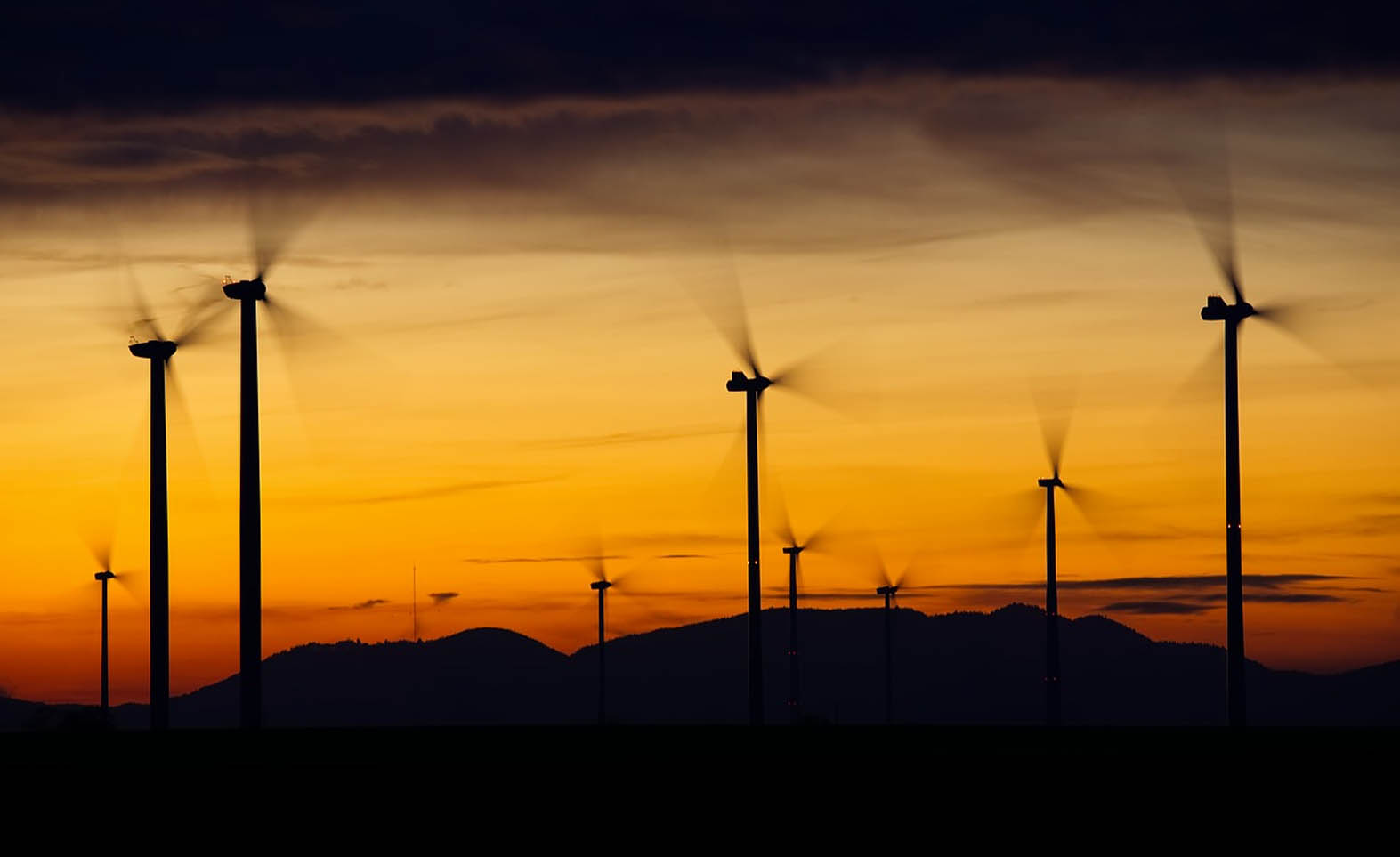
September 26, 2023
India currently holds a power generation capacity of 424 GW
About 80 GW stems from non-fossil fuel sources, and another 88 GW is currently in development
Despite comprising 17% of the world's population, India contributes only 4% to the global carbon dioxide load
India achieved all its Nationally Determined Contributions (NDCs) nearly a decade earlier than committed

India is poised to achieve its ambitious goal of 500 GW in renewable energy capacity well before the 2030 deadline, according to Union Power and New & Renewable Energy Minister R K Singh during the FICCI’s India Energy Transition Summit 2023.
Singh also acknowledged the setbacks caused by the COVID-19 pandemic, noting that India could have reached 50% of its power generation capacity from non-fossil fuel renewable energy sources if not for the two-year hiatus.
Currently, India holds a power generation capacity of 424 GW, with approximately 180 GW stemming from non-fossil fuel sources and another 88 GW in development.
Singh further emphasised that India’s energy transition program is a global leader, with the fastest renewable energy capacity additions globally. Singh also emphasised India’s responsible energy consumption habits, noting that despite comprising 17% of the world’s population, the country contributes only 4% to the global carbon dioxide load. He underscored India’s commitment to environmental stewardship, aligning its energy transition actions with limiting global temperature rise to under two degrees Celsius.
Moreover, India achieved all its Nationally Determined Contributions (NDCs) nearly a decade earlier than committed, showcasing its dedication to climate action.
On the other hand, Bhupinder Singh Bhalla, New and Renewable Energy Secretary, revealed India’s impressive progress by stating that the country added 15 GW of renewable energy in the last fiscal year (2022-23), with plans to increase it to 25 GW in 2023-24 and 40 GW in 2024-25. Additionally, he announced that 50 GW of renewable energy projects would be put up for bidding annually starting this year.
Experts highlighted the substantial investments needed, estimated at over INR 20 trillion, for transmission networks, evacuation infrastructure, and energy storage systems.
Source: Financial Express